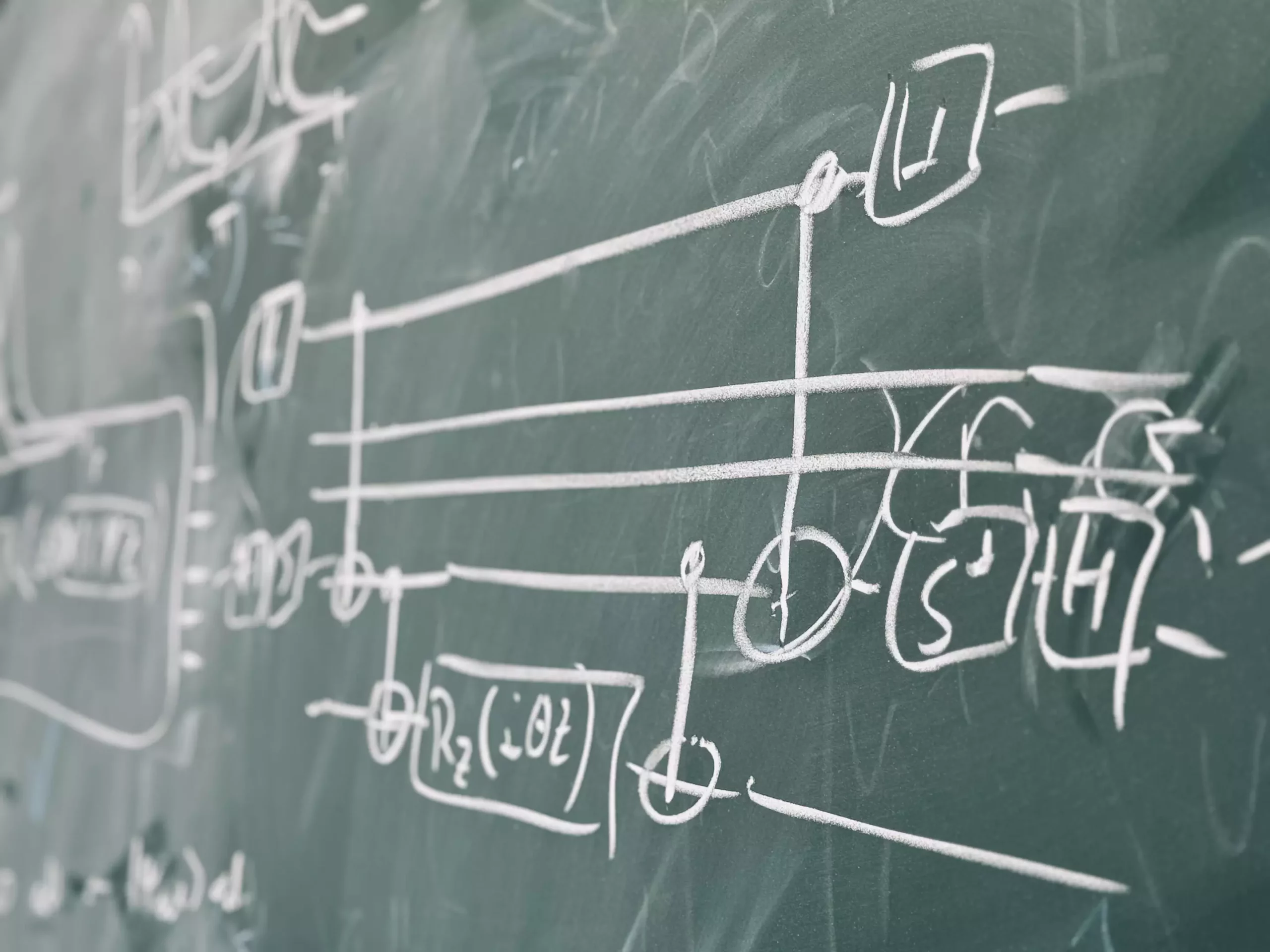Quantum computers have been hailed as the next frontier in information processing, with the potential to revolutionize fields such as machine learning and optimization. However, the deployment of quantum computers on a large scale is hindered by their sensitivity to noise, which leads to errors in computations. One proposed solution to address these errors is quantum error correction, which is designed to monitor and correct errors in real-time. Another approach, known as quantum error mitigation, aims to run error-filled computations to completion and then infer the correct result at the end. While quantum error mitigation was seen as a promising interim solution, recent research has highlighted its limitations, especially as quantum computers are scaled up.
Researchers from Massachusetts Institute of Technology, Ecole Normale Superieure in Lyon, University of Virginia, and Freie Universität Berlin have demonstrated that quantum error mitigation techniques become increasingly inefficient as quantum computers grow in size. This inefficiency poses a significant challenge to the effectiveness of error mitigation as a long-term strategy for combating noise in quantum computation. The limitations of quantum error mitigation were explored in a recent study published in Nature Physics, shedding light on the practical constraints of this approach.
One of the key findings of the research team is the inefficacy of certain mitigation schemes, such as ‘zero-error extrapolation,’ which aims to counter noise by increasing it within the system. The study emphasizes the impact of noisy quantum gates in quantum circuits, where each layer of gates introduces additional errors, making the computation vulnerable to noise accumulation. This fundamental challenge highlights the trade-off between computational performance and error resilience in quantum computations.
As quantum circuits are scaled up, the resource and effort required to implement error mitigation techniques also increase substantially. The study suggests that the scalability of quantum error mitigation is limited, posing a significant obstacle to its practicality in large-scale quantum computing. The researchers emphasize the need for alternative strategies that can effectively address the impact of noise on quantum computations without incurring excessive resource overheads.
The findings of the study serve as a valuable guide for quantum physicists and engineers, urging them to rethink the efficacy of existing error mitigation schemes and explore new avenues for improving noise resilience in quantum computing. The research team’s insights could inspire further theoretical studies on random quantum circuits and innovative approaches to error mitigation. By identifying the inherent limitations of current mitigation strategies, the study paves the way for future advancements in the field of quantum information processing.
The study highlights the challenges faced by quantum error mitigation in addressing the pervasive issue of noise in quantum computation. While initially seen as a promising solution, the inefficiency and scalability limitations of error mitigation techniques underscore the need for novel approaches to improve the reliability of quantum computations. By shedding light on the shortcomings of existing mitigation schemes, the research opens up new avenues for advancing the field of quantum information processing and overcoming the barriers posed by noise in quantum computation.


Leave a Reply
You must be logged in to post a comment.